The Federal Poverty Level does not capture what basic needs cost today
EPI's report, the Rhode Island Standard of Need, does, and it's mandatory reading for policymakers.
Last Monday the Economic Policy Institute [EPI] unveiled a special 25th anniversary edition of The Rhode Island Standard of Need - its signature report on poverty and the cost of living at its 13th Annual Policy and Budget Conference1 last Monday. Alan Krinsky, Director of Policy and Research at EPI, presented the report at EPI’s Annual Breakfast. You can watch the video of his presentation here.
“I want to start by posing a question, why is the Rhode Island standard need even necessary? Doesn't the government already measure poverty?" asked Krinsky. "The federal poverty level is based on an old methodology focused on the cost of food as a portion of expenses. It does not capture what basic needs cost today. Let's take as an example, the federal poverty level for a single parent with two children: a little under $25,000 last year. Seriously, if last year you were a single parent with two children and an income above this amount, you are not according to the federal measure, in poverty. The rent alone, at about $1,500 each month, would claim a little over 70% of income leaving $7,000 for food, transportation, internet, healthcare, childcare, household supplies, and clothing. Even with no healthcare costs that you qualify for, RIte Care - Rhode Island's Medicaid program - and even with childcare assistance, you cannot pay for the basics - yet you are not technically in poverty.
“This is the beginning of why we need the Rhode Island Standard of Need to quantify a more realistic measure of expenses and income to cover basic needs beyond estimating the cost to meet basic needs,” continued Krinsky. “We did the Rhode Island Standard of Beed to explain how critical work support and other assistance programs can help narrow or bridge the gap when wage income is not enough. Such programs and the policies that give rise to them would hold the line for many low- and modest-income Rhode Islanders.”
The Standard of Need has traditionally sought to answer two fundamental questions about Rhode Islanders' economic security (or insecurity). This year, EPI posed three additional questions
What is the cost of meeting basic needs for families and individuals in Rhode Island?
How do state and federal work supports help households meet the cost of basic needs?
What are the racial and ethnic inequities in the ability of Rhode Island families to meet their basic needs?
How have policy and program changes in 2023 and 2024 helped improve economic security for Rhode Islanders?
How can Rhode Island’s policymakers sustain and build upon the progress of the last two years?
The Standard of Need includes 10 key findings:
“EPI’s calling card is producing credible, fact-based, and relevant research and analysis in championing the causes of social justice and economic fairness for all Rhode Islanders,” said EPI Executive Director Weayonnoh Nelson-Davies.
Here’s the full video from the EPI’s 13th Annual Policy and Budget Conference:
Executive Director Weayonnoh Nelson-Davies
EPI Board Chair Dwayne Keys
Youth Speak-Out Competition Winner Intro
Senator Jack Reed
Rperesentative Seth Magaziner
Representative Gabe Amo
Lieutenant Governor Sabina Matos
Secretary of State Gregg Amore
General Treasurer James Diossa
Speaker of the House Joe Shekarchi
Central Falls Mayor Maria Rivera
Whitney Tucker, Director of State Fiscal Policy Research, Center on Budget and Policy Priorities
2024 Economic Progress Institute Breakfast 15 Award for former Executive Director Linda Katz
Keynote from Dr. Chanda Womack, Founding Executive Director of the Alliance of Rhode Island Southeast Asians for Education (ARISE)




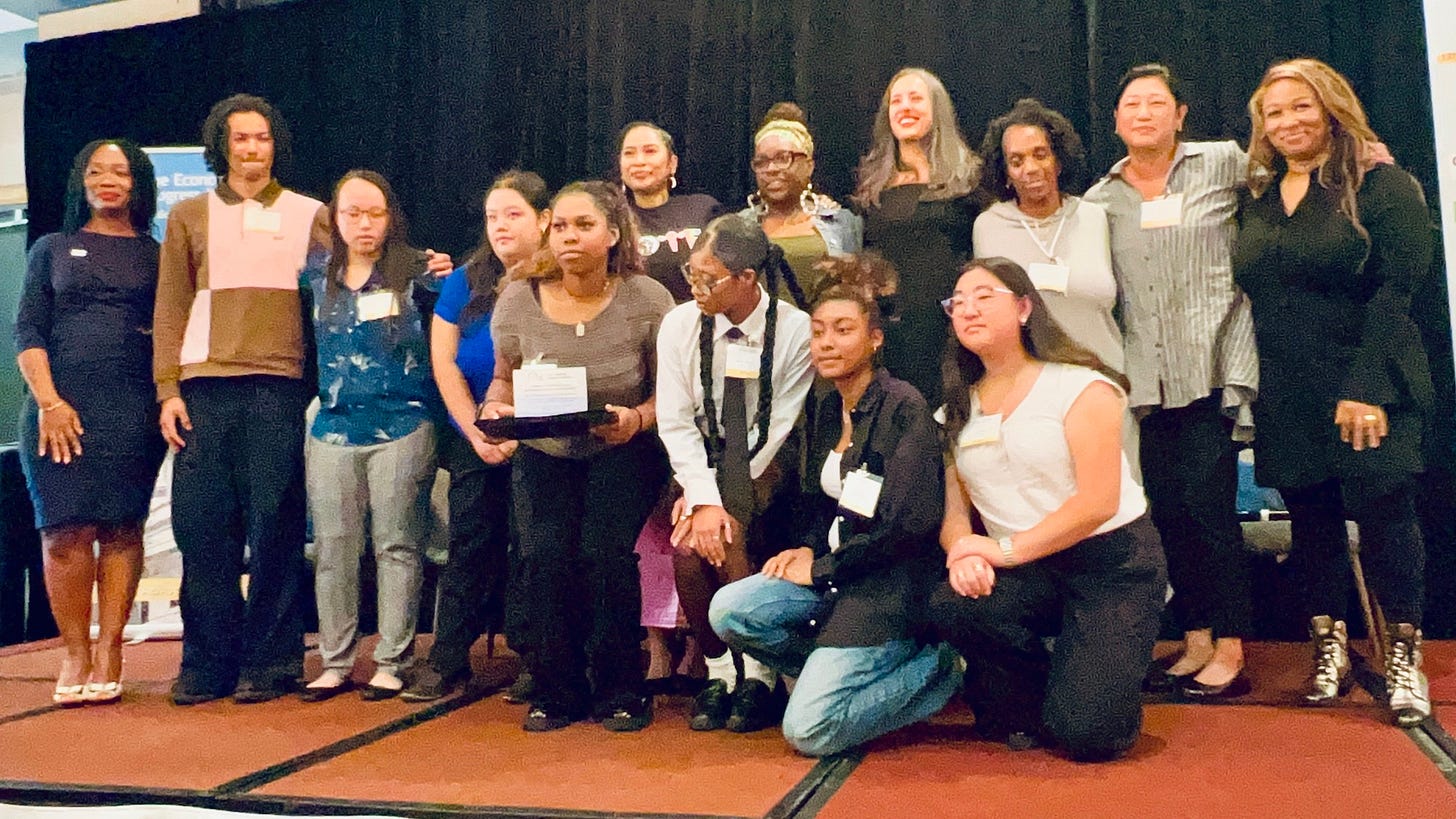
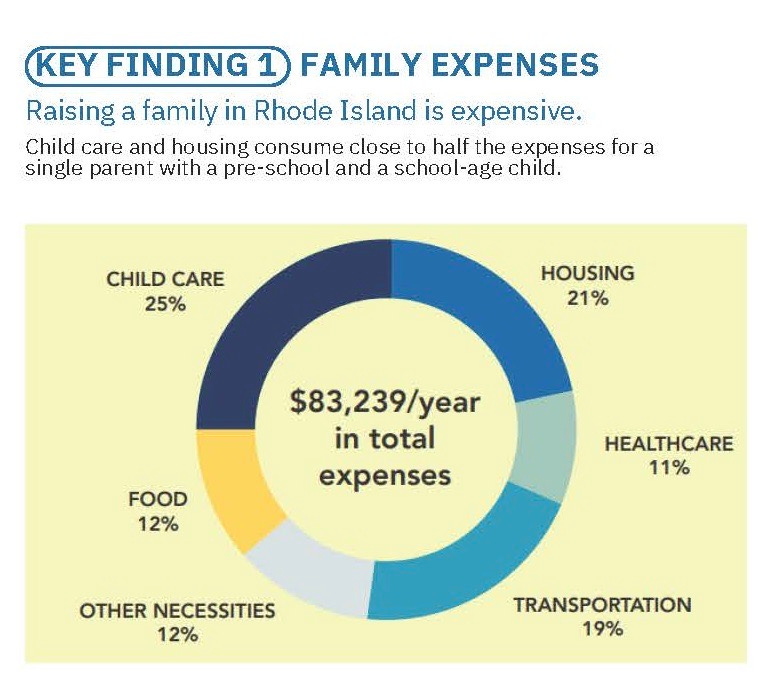

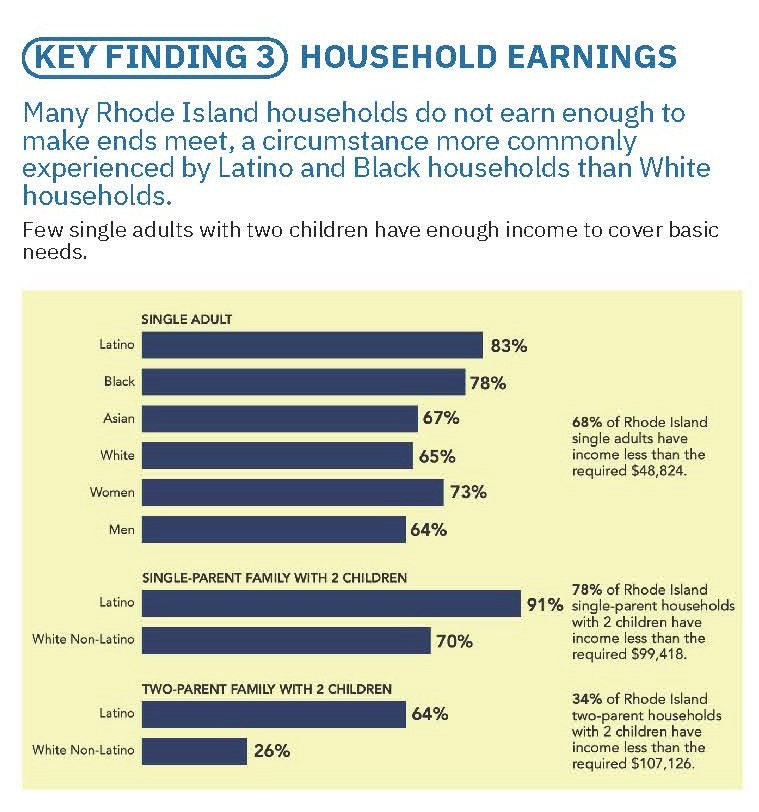

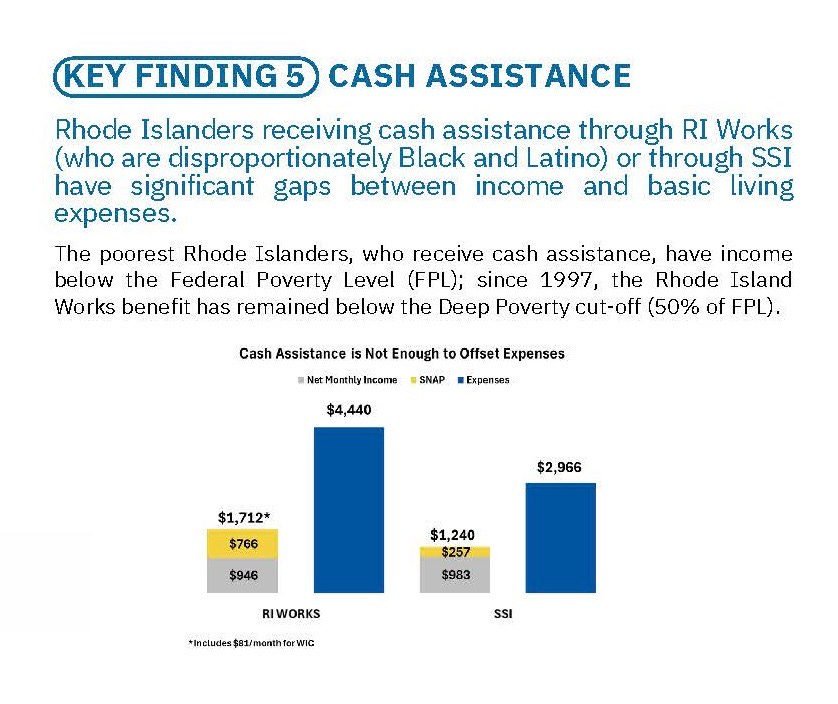
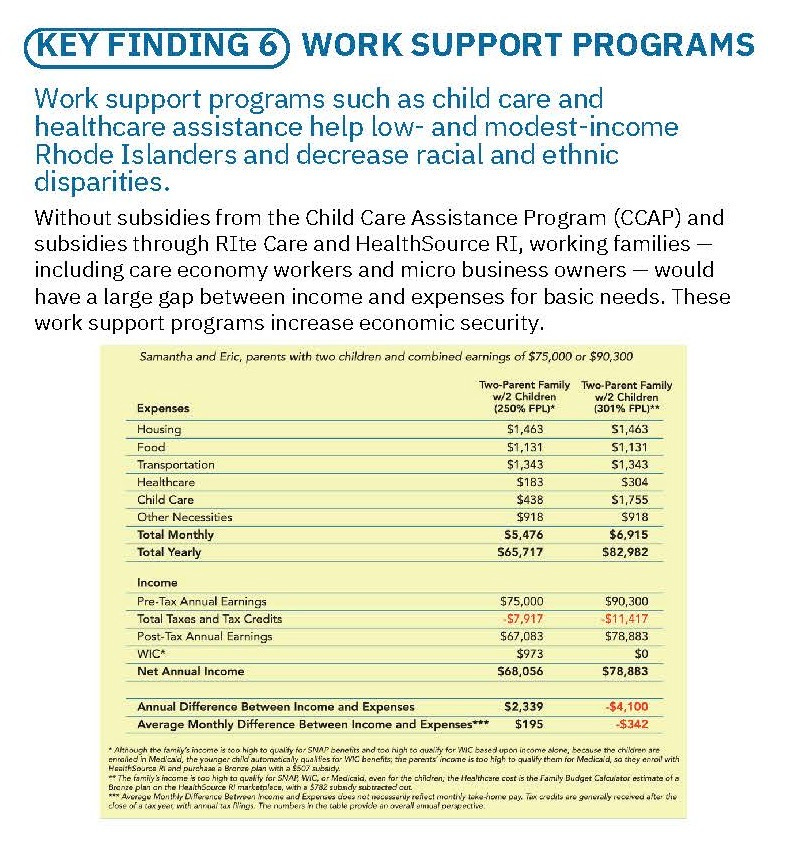
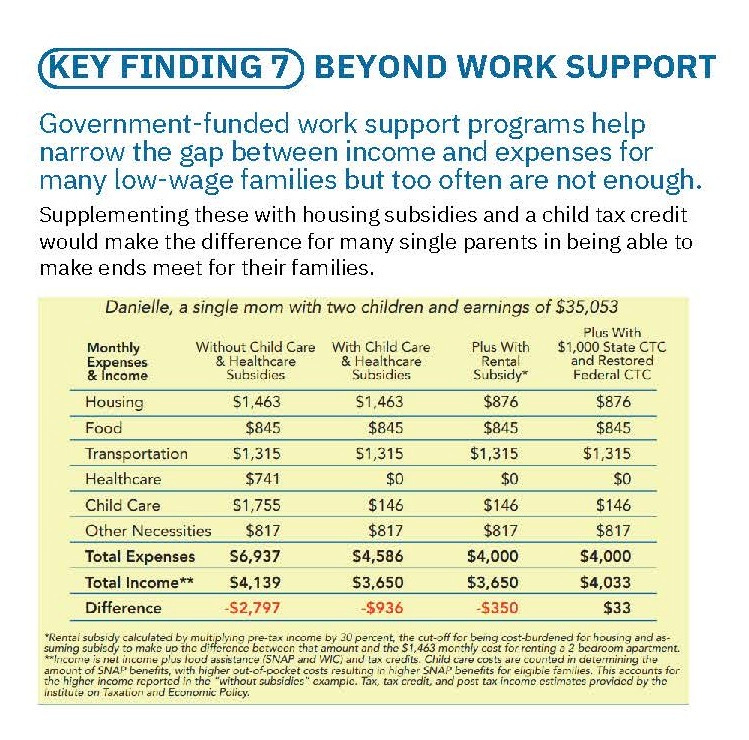

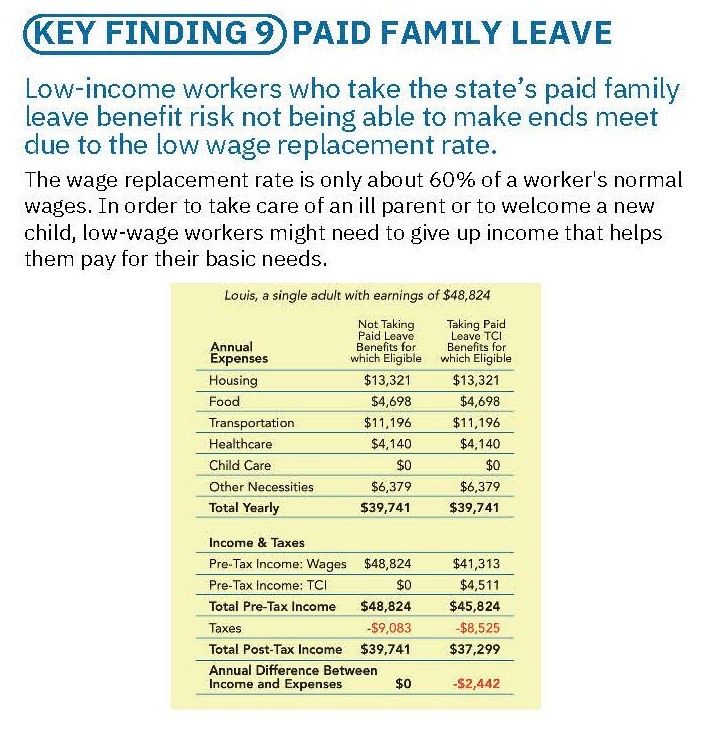
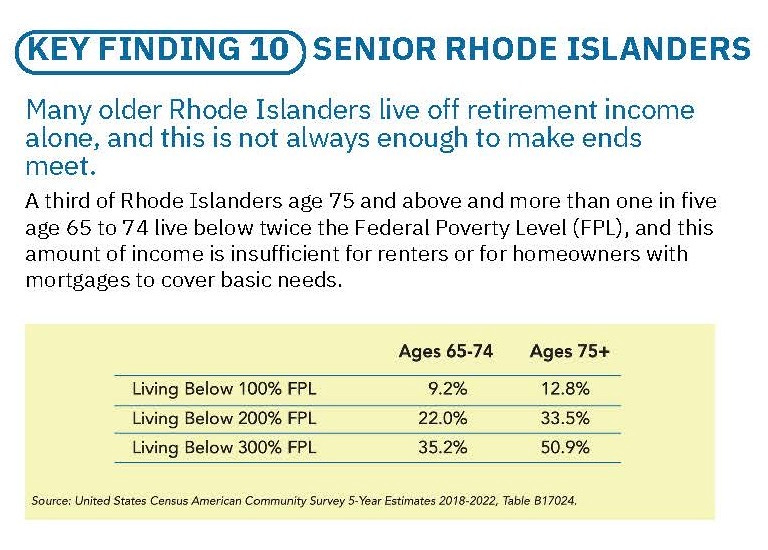
How I hate math!! I found a chart that was specific to R.I. I have a small pension (no COLA) and my Social Security. If I lived on my pension, I'd need a tent. If it was just S.S., I would be hanging by my toes. I thought I was doing well until I looked this chart. I looked at the expenses for my age (75). I don't know where this group's figure (expenses) come from but mine aren't even close.
It's far too expensive to live in R.I. I've been renting in the same place for 18 yrs. but it's reasonable. I pay my electric, gas, and phone/internet. Break down the utilities and look at all the taxes, surcharges, and fees. Our gas tax is one of the highest in the country. I rarely drive anymore but years ago I had to work in Braintree and drive it every day. Car insurance - ridiculously high. It doesn't matter how old you are, you're going to get slammed. I've been driving since I was 17, never had a claim, an accident, or a ticket yet I've never paid less than $1800 a yr. I have no credit card debt, my car is 17 yrs. old that I bought new and paid cash for. I keep it in tip-top shape. If I bring it for an oil change, people offer to buy it. To add an insult to injury, we are taxed on pensions and Social Security. I don't mind the pension but Social Security was a tax to start with so now we pay taxes on taxed money and, of course, RI wants its "fair share". For what, I don't know.
We have an election on 11/5/24. Once again, the State wants millions in bonds. The interest on them is over half of the cost of the bond. We have voted Yes on bonds for years. By the time the State gets around to using them, they need another bond for the same thing because the costs have gone up.
Bonds used to be individually listed. If something was close to your heart, you voted yes. Now it's broken down into categories. Since that started, I vote No. There are things I'd like to see get done but then I have to vote for a lot of things I don't like and deem unnecessary.
Yes, I ramble on. What I'd like to know, no one can answer. Where the hell is our money going??
Great work! Thanks for reporting on it. Let's hope it is taken seriously and is used to inform policy.